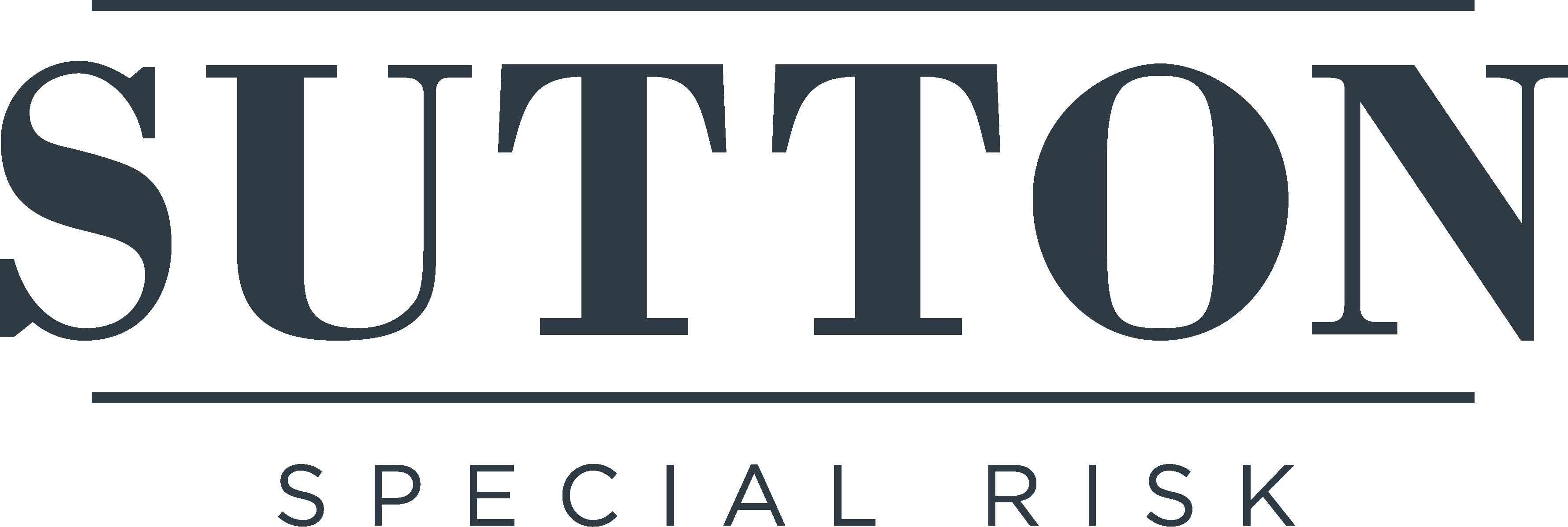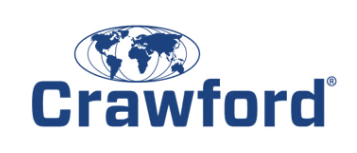
Best Insurance Companies to Work for
in Canada | Top Insurance Employers
Jump to winners | Jump to methodology
Building better cultures
The best insurance companies to work for are reimagining workplace culture and challenging the status quo to create environments where trust, diversity, and flexibility empower employees to thrive.
Employers that build diverse, top-class cultures in which employees feel safe, heard, and valued are well-positioned to attract and retain the skilled talent needed to remain competitive as the Canadian insurance industry’s 1.4 million-strong workforce ages.
“Trusting is key in 2024 because we have so many amazing technology opportunities to create productivity; you just need to hire the right people and trust them to do the right thing,” says Krisztina Veres, founder and president at Veres Career Consulting and co-founder of Svidy Recruitment.
This includes addressing changing workforce dynamics, where younger professionals and newcomers to Canada are reshaping expectations for:
-
work-life balance
-
inclusivity
-
flexibility
As top employers strive to meet these expectations, workforce trends reflect shifting priorities. The Robert Half Job Search Landscape 2024 report shows that job optimism is trending upward, with 50 percent of workers saying they have started or are planning to start looking for a new job in the second half of 2024. The main reasons workers give for seeking a new job include higher salary, better benefits and perks, and more flexible work options.
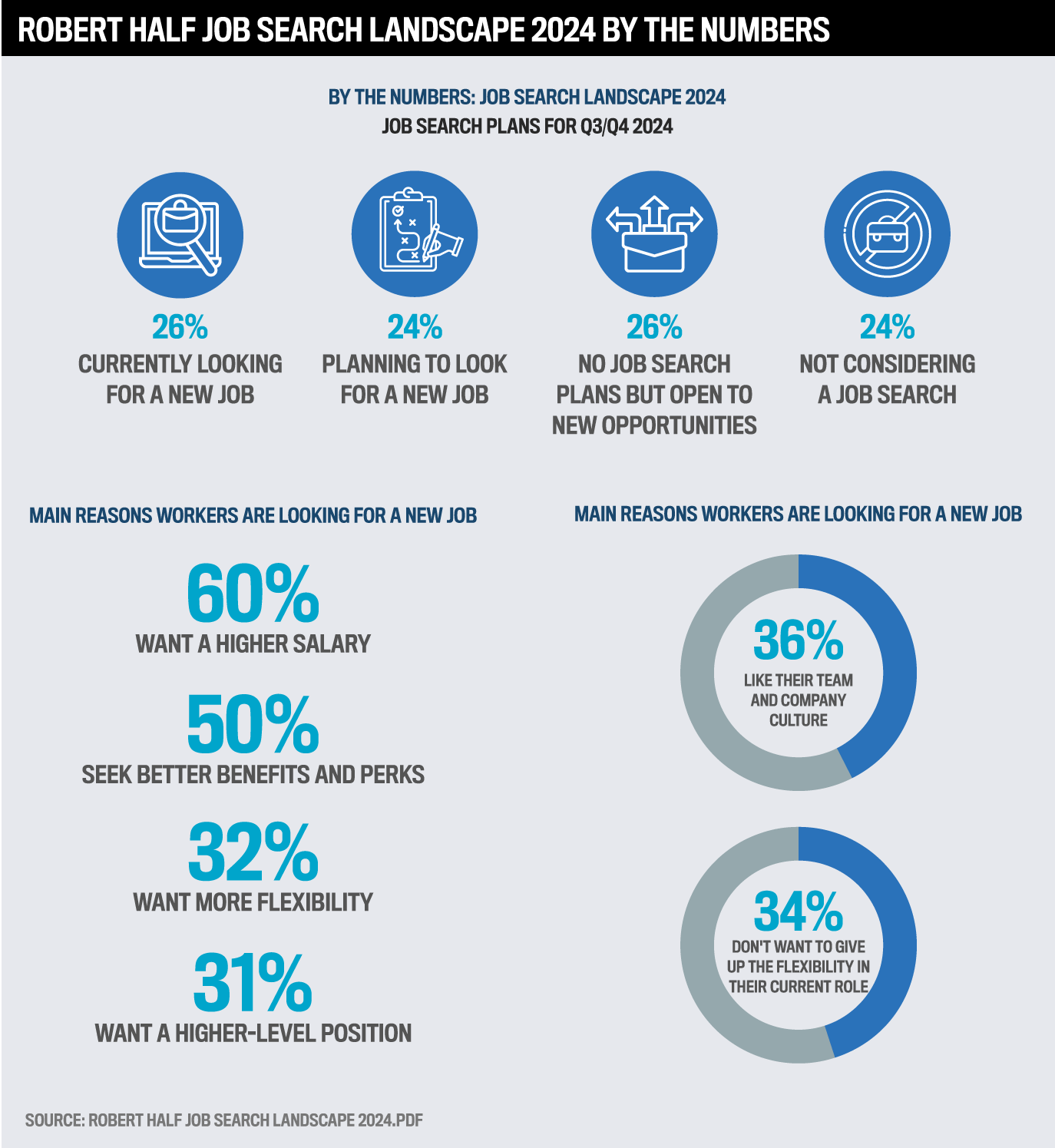
Veres emphasizes that insurance companies must reflect Canada’s evolving demographics to stand out as employers of choice.
She says, “This needs to happen because we have so many newcomers. We need to see more diversity, female leaders, and accommodating the requirements of the younger generation.”
This focus on inclusivity and adaptability shines through in the success of Insurance Business Canada’s Top Insurance Employers, with 82 percent of employees saying they are not actively looking for a new job.
These employers of choice are also hitting the mark in delivering the top 10 factors employees consistently value most, according to IBC’s survey data.
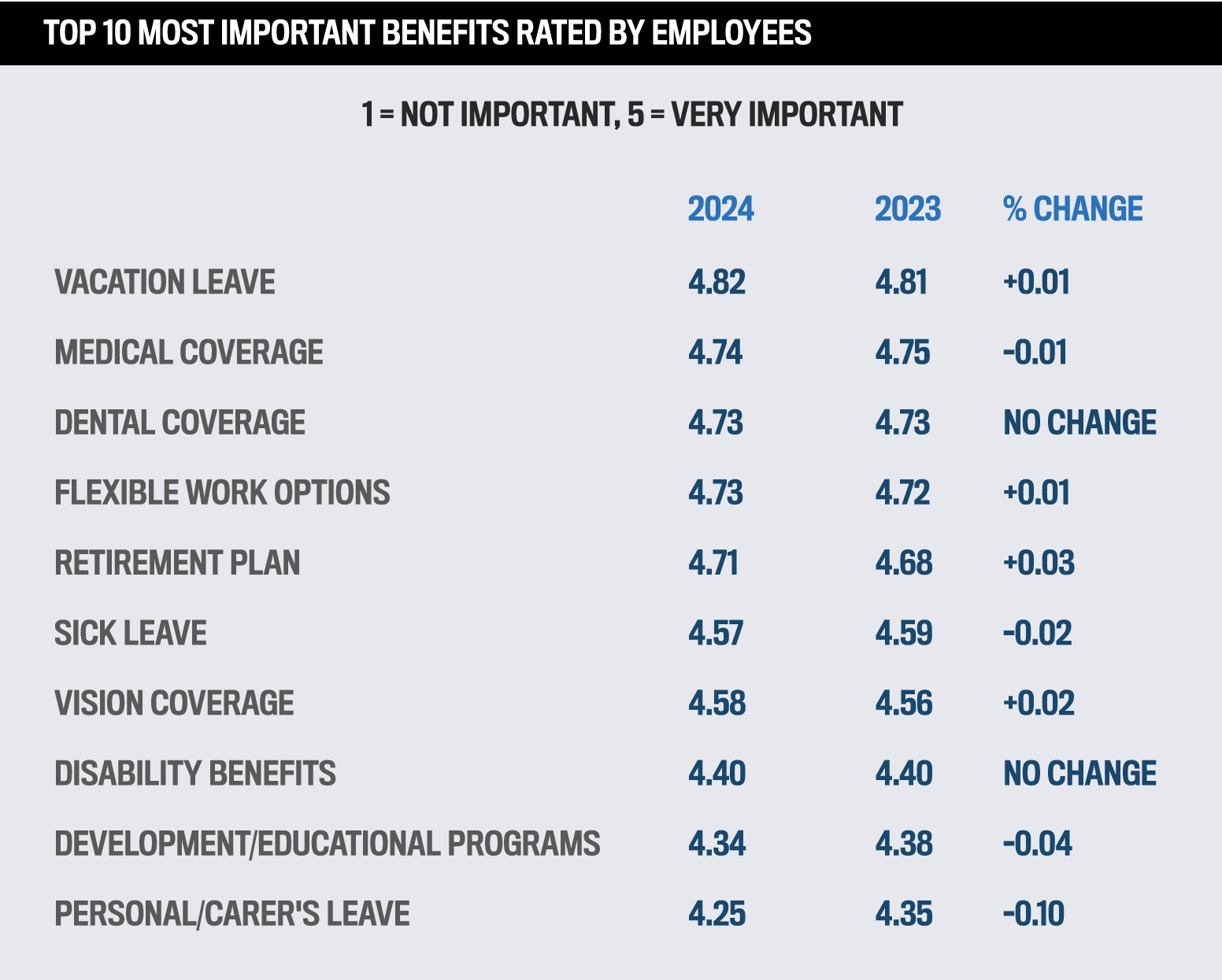
“Flexibility is one of the most important things, and I’m saying that because I see many companies, especially larger-sized organizations, have started to bring employees back to the office or require them to spend more and more time there. Canadian employees don’t want to return to the office,” Veres says.
Underscoring the importance of flexible work options, she asserts that it’s “almost mission impossible” to fill a position that demands five days a week in office in the highly competitive quest for talent in the insurance industry.
“You may have the chance to fill the position, but you significantly decrease your chances, and even if you fill the position, you need to compromise quality,” she explains, adding a Vancouver brokerage opted to hire a relatively inexperienced job seeker for a cyber insurance role who was willing to work full-time in the office, despite a highly qualified candidate pool who prioritized flexibility.
As the North American insurance market struggles to recruit new blood, the best insurance employers have attuned their policies to promote work-life balance and help newcomers to Canada and other promising candidates earn licenses and designations.
Veres also highlights the following forward-thinking approach that she believes will lead the industry confidently into the future and remain competitive:
-
offering a job rotation program so employees can experience different roles within the business; as the industry ages, young people coming in are coachable and willing to learn new areas of the business to discover their passion
-
customizing benefits to the younger generation who may not have children yet but do have pets by offering pet insurance as an employee benefit
“When it comes to the employer side, it’s not always about the money,” she says. “Sometimes, it’s about showing you care through profit sharing or bonuses.”
IBC invited employers in the insurance industry to showcase their offerings and practices. Organizations that made the final winners list met the required number of employee responses and were rated across 22 time-tested metrics.
Top insurance employers foster culture of connection and support
Overall satisfaction rating: 92 percent
Top satisfaction factor: Team building and social activities
The top insurance employer has a rich history of delivering its niche insurance solutions across Canada.
SPGC has undergone a few name changes and acquisitions along the way. Still, its mission has remained to meet the unique needs of brokers and policyholders with speed, quality, and trust.
Known for its entrepreneurial spirit, inclusiveness, continuous growth, and dedication to exceptional customer service and experience, the organization has excelled in providing underwriting for underserved niches through its numerous purpose-built brands and in-house specialty claims management.
Employees praised the top employer’s supportive workplace culture:
- “My immediate manager is hugely supportive and caring. As a whole, I feel supported and feel I’ve been treated fairly, if not very well. I’m very happy here and feel I’ve found my final working place”
-
“The onboarding process was great. It was the best experience I have ever had”
-
“All available resources are communicated to staff weekly via Wellness Wednesday bulletins. They are creating opportunities to connect employees socially regardless of working arrangements”


Christy KnowlesSpecialty Program Group Canada
“We try to build our culture intentionally, and we want it to be inclusive, collaborative, and supportive because we recognize that a fulfilling work environment requires fostering that trust and respect, where team members can be their authentic selves when they come to work,” people and culture director Christy Knowles says.
Its leaders prioritize professional growth opportunities so employees can build meaningful careers, with investments made in their teams through continuous learning, mentorship, and creating a balance between professional challenge and personal well-being.
Knowles says, “We feel this approach, along with our DE&I initiatives and a flexible, supportive work environment, creates that place where employees feel valued and see a future for themselves.”
The Wellness Wednesdays bulletins are designed to enhance employees’ mental, physical, and emotional well-being and include resources, tips, and activities aimed at:
- stress management
-
work-life balance
-
overall personal financial health
-
career health
“By addressing well-being regularly, we want to reinforce our commitment to employees’ health and happiness to create an engaging and supportive environment,” Knowles says. “We also recognize the importance of wellness in productivity and job satisfaction.”
SPGC takes pride in its onboarding process, which enables employees across brands, departments, and roles to receive a supported and welcoming experience.
Knowles says, “Much like first impressions, onboarding sets the tone for the new hire experience, and we see it as taking that first step in building long-term relationships with them.”
Overall satisfaction rating: 87 percent
Top satisfaction factor: Team building and social activities
The award-winning MGA in the specialty underwriting space started in 1978 by insuring professional athletes for career-ending disabilities. The top insurance employer then moved into executive benefits, providing disability exposure coverage for high-net-worth individuals.
Over the past several decades, the organization’s focus remained on coverage for high-risk occupations and businesses, while it has emerged as a strong player in traditional group benefits, including group AD&D and group critical illness. It also recently launched a film and entertainment division in the P&C space.
Employees commended the top employer, which stands for:
-
“Promoting its culture. In the past few weeks, we have had an employer-sponsored volleyball tournament, pickleball tournament, food and drink social, and multiple games with prizes on our Teams Sutton social channel”
-
“Constantly trying to improve the workplace. Every few months, something new and exciting is offered or planned. Weekly fresh fruit delivery to the office, adding a meditation app, and rolling out an e-learning platform”
-
“Listening to staff wants and needs. They often canvass us for our thoughts about social events, newly added benefits, and learning sessions. Being a smaller and growing company, Sutton can implement changes that staff want to see because communication is open and direct with senior management”


Carol GrahamSutton Special Risk
“We make a point of ensuring that people work together,” says executive vice president and chief operating officer Carol Graham. “We try to break down those silos, foster a sense of teamwork, and host regular team huddles so people know what their colleagues are doing.”
Employees tend not to leave Sutton Special Risk unless they’re reaching retirement age and choose to step away. With its hybrid work culture of three days a week in the office, efforts are made to engage employees of all ages in extracurricular activities, such as a virtual yoga class every week.
Feedback and input are encouraged to ensure employees feel their voice is heard and their opinion valued, as well as:
-
a new mentorship program soon to launch also features a reverse mentoring and peer mentoring component to allow young employees to speak frankly and learn from colleagues
-
a learning and development program, including leadership training, that features hundreds of relevant courses to the business and employees’ career paths
Graham says, “Our president, Greg Sutton, always likes to say we’re a small company with big capabilities. We are small, but we want employees to have the opportunities they would have with a larger employer.”
To continuously improve its workplace, the top insurance employer conducts employee surveys and encourages idea-sharing through huddles, which has proven successful given its open communication structure.
“Communication is the biggest factor for us; we see each other regularly and talk openly with our employees and senior managers from the C-suite down to middle managers,” she says.
Overall satisfaction rating: 77 percent
Top satisfaction factor: Tie for flexible work options and safe work environment
Headquartered in Ontario and boasting a proud 80-year history of global experience, the top insurance employer is an independent firm that adjusts claims across industry verticals for insurance carriers, brokers, corporations, and all levels of government.
With a focus on solving claims challenges through innovation and expertise, Crawford’s services include loss adjusting, third-party administration, managed repair, contents evaluation, on-demand services, and catastrophe response.
As an industry leader, Crawford’s investment in its 1,000-plus employees – including field and technical adjusters, content specialists, repair estimate experts, lawyers, accountants, and engineers operating from nearly 40 offices nationwide – and the innovative tools that empower them enables it to provide what it considers unrivalled claims-management solutions.
“Our diverse and skilled workforce embodies depth and expertise,” president Greg Smith says. “We work closely with our clients by partnering with them to tackle industry challenges like capacity, accuracy, service, and expertise with tailored solutions.”
Employees noted how the firm stands out as an employer of choice:
-
“Our organization shows they care about you. There’s a family feel at Crawford”
-
“We have good work-life balance, especially working from home and taking vacation and sick days”
-
“Compensation has been continuously reviewed and revamped. The company recognizes employees’ achievements and supports them professionally and financially, such as paying for CIP and other designations”


Greg SmithCrawford & Company Canada
Crawford prioritizes work-life balance through formal hybrid and flexible work schedule policies, enabling staff close to a company office to work there.
“These policies outline guidelines for managers and employees about maintaining a safe and supportive work environment,” human resources manager Tracy Rogers says.
It achieved high employee satisfaction with its efforts to create a safe work environment, attributed, in part, to employee assistance programs such as Telus Health and Kii, and resources such as Headspace, which encompass a whole-person perspective that integrates mental, physical, and workplace safety support.
The top employer is at the head of the class for supporting employees’ professional development with a full complement of general and specialized training in all areas of claims management.
Rogers says “Every new Crawford employee must complete specified coursework upon hire. The class curriculum is divided by service line to provide each colleague with the specific training they need most.”
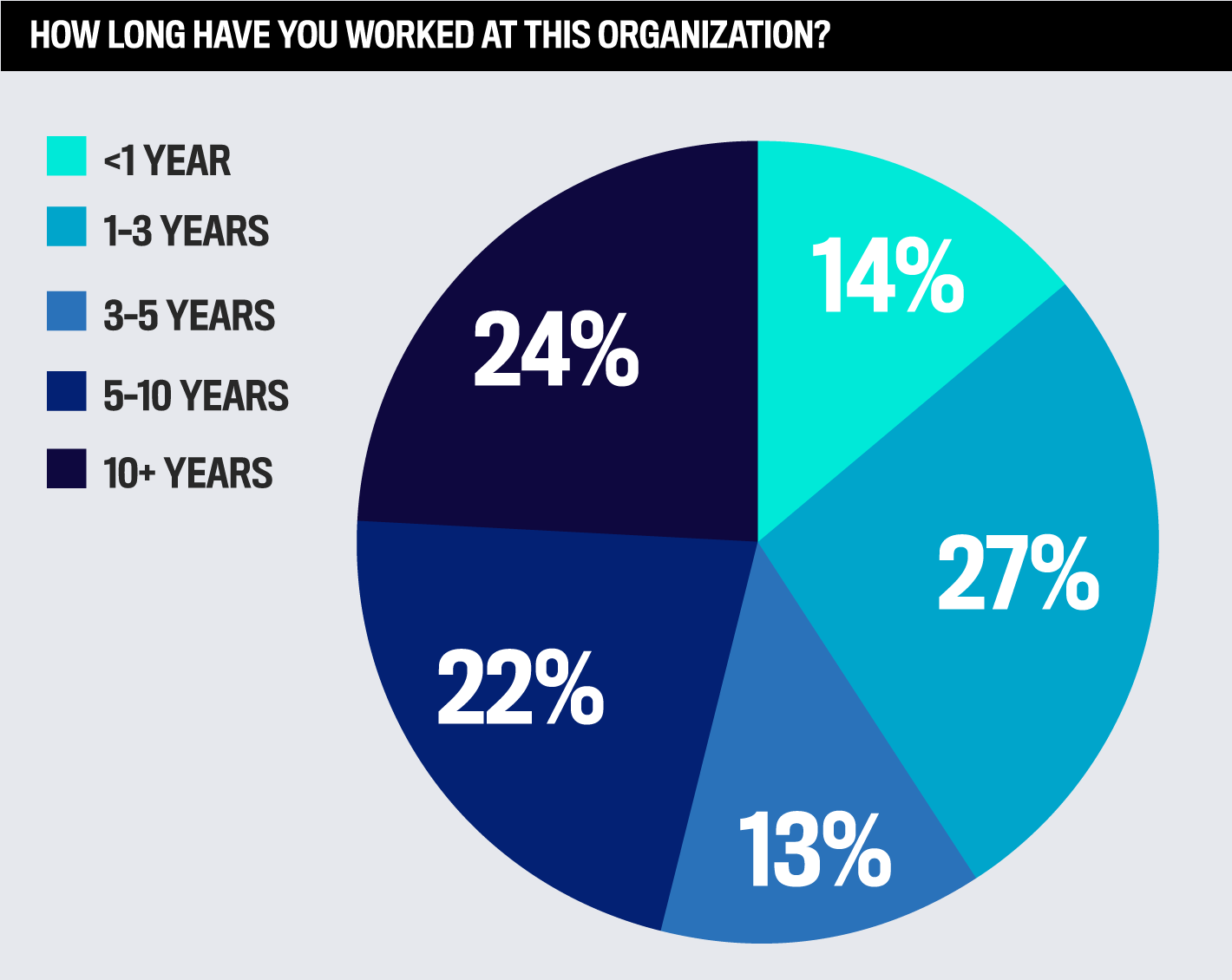
Training highlights include:
-
full-time faculty of experienced course developers and trainers who have multiple years of claims handling experience and professional certifications
-
subject matter experts from its field offices supplement the faculty to impart practical, hands-on information
-
safety courses, fraud awareness, and customer service are included in its onboarding program
-
industry-recognized professional designations, including the Chartered Insurance Professional (CIP), Fellow Chartered Insurance Professional (FCIP), and Canadian Risk Management (CRM)
-
130-plus self-study courses to support continuing education requirements, supplemented with resources such as LinkedIn learning
New trainee-level adjusters also participate in instructor-led virtual training classes tailored to their expertise, such as handling propety or liability claims.
These live instructional classes incorporate online, self-directed, technical training courses on the top employer’s knowledge management centre (KMC OnDemand) and live practical application of the knowledge.
“KMC is a robust tool that includes numerous claims and medical topics at the basic, intermediate, and advanced levels,” says Rogers. “We also reimburse staff as they complete each CIP course and provide a bonus once the designation is received.”
Best Insurance Companies to Work for
in Canada | Top Insurance Employers
1–25 employees
- APRIL Marine
- ELCO Insurance
- Latitude Financial Services
- QuickFacts
26–100 employees
- BMS Canada Risk Services
- Brio Insurance
- Imperial PFS Payments Canada
- InsureLine Brokers Empire
- Leibel Insurance
- Mitch Insurance
- Munn Insurance
- Peel Mutual Insurance Company
- The Mutual Fire Insurance Company of British Columbia
101–500 employees
- Allianz Global Assistance Canada
- CMB Insurance Brokers
- FIRST Insurance Funding of Canada
- Liberty Mutual Canada
- Red River Mutual
- Surex
- Wilson M. Beck Insurance Services
1,000+ employees
- CAA Club Group
- Westland Insurance
Insights
Methodology
To find and recognize the best employers in the insurance industry, Insurance Business Canada began by inviting organizations to fill out an employer form, explaining their various offerings and practices. Next, employees from nominated companies were asked to fill out an anonymous survey evaluating their workplace on several metrics, including benefits, compensation, culture, employee development, and commitment to diversity and inclusion.
To be considered, each organization had to reach a minimum number of employee responses based on overall size. Organizations that achieved a 75 percent or greater average satisfaction rating from employees were named Top Insurance Employers for 2024.
Keep up with the latest news and events
Join our mailing list, it’s free!


